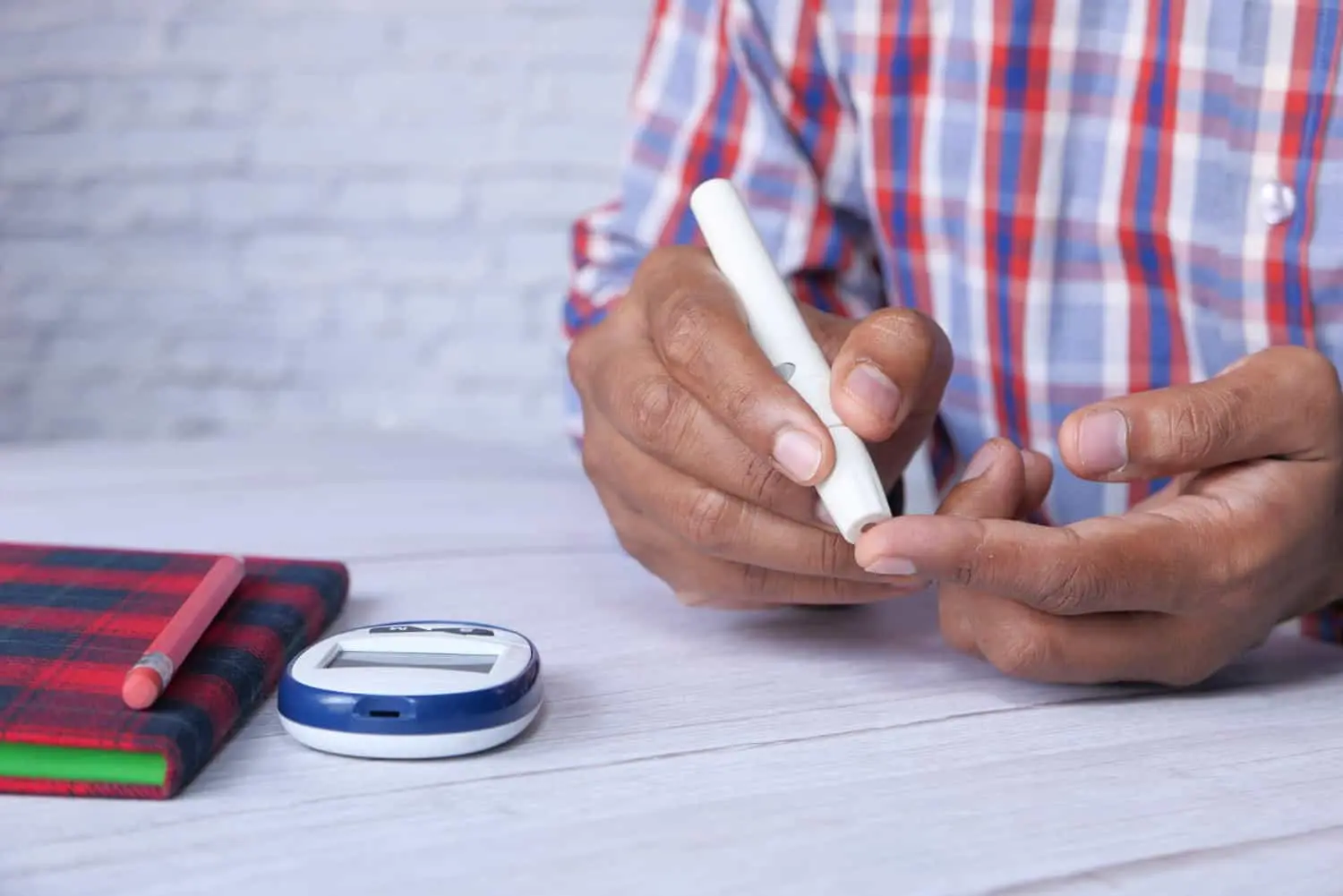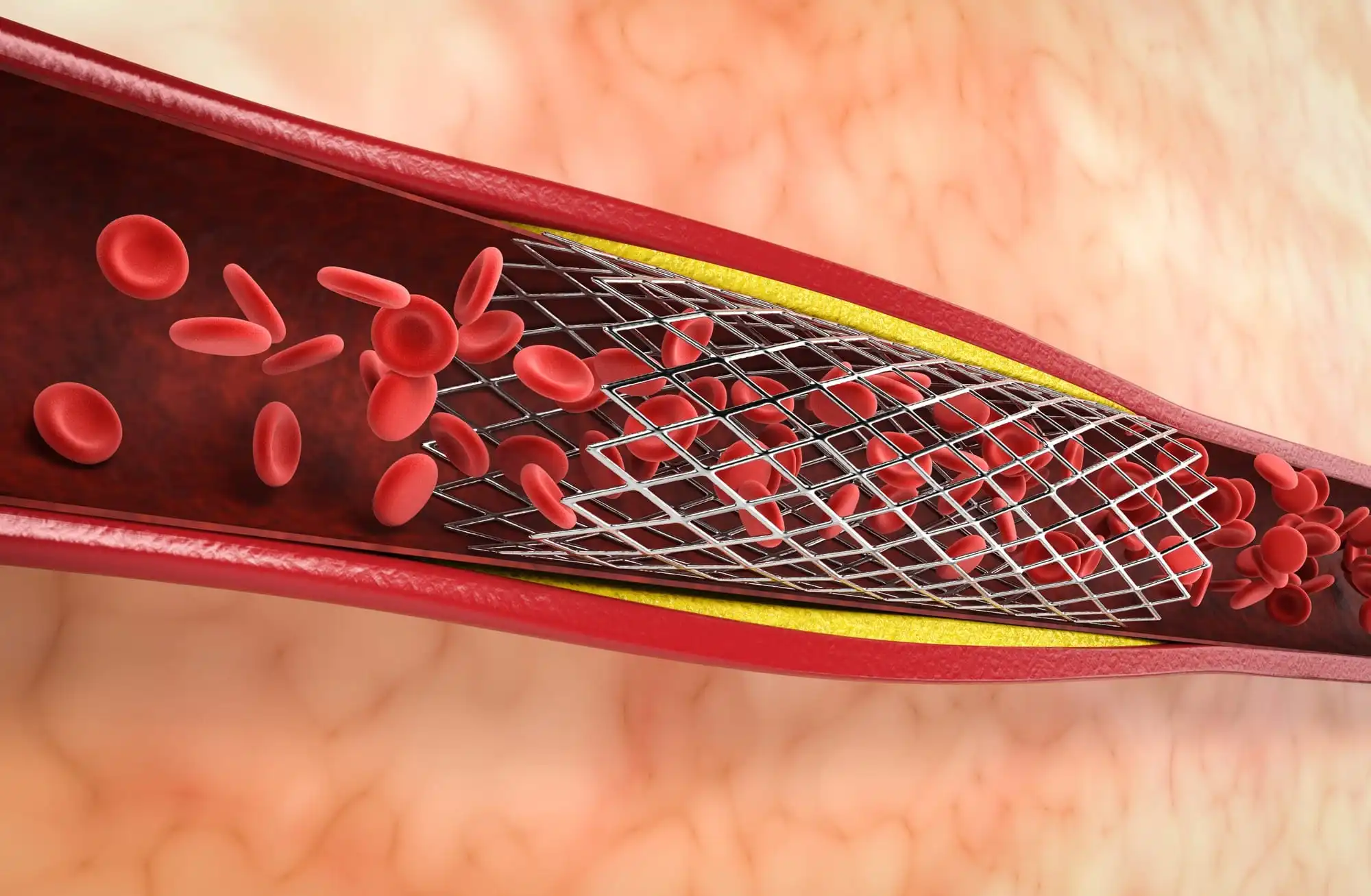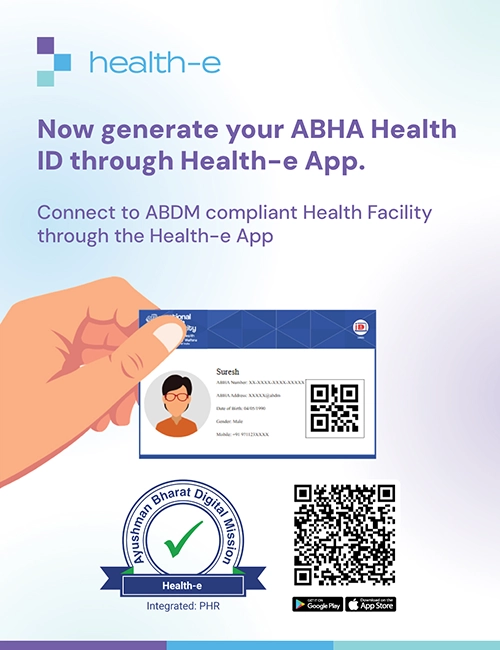Diabetes is a serious health concern affecting millions of people worldwide, particularly in Asia where 60% of those with diabetes reside. India and China are the two largest contributors, with 7.72 crore Indians and 28 crore people globally suffering from pre-diabetes. This means that the future burden of diabetes is likely to only get worse.
Sadly, a large proportion of those with diabetes in India struggle with poor glycemic control, as revealed by the DiabCare Asia study. Furthermore, type 2 diabetes is striking Indians at a young age, with the number of people affected predicted to rise to 10-12 crore by 2030, meaning that one in five people with diabetes in the world will be Indian.
Urbanization and city living seem to be contributing factors to the rise of diabetes in India, as a 2021 review showed that those residing in cities are at a higher risk of developing the condition. It’s time to take diabetes seriously and work towards finding ways to prevent and manage it effectively.
Why Diabetes Risk is Higher in India?
The Reasons why Diabetes Risk is Higher in India are:
- Limited awareness of diabetes prevention techniques
- High intake of carbohydrates, oils, and fats in vegetarian diets
- Increased consumption of packaged meats
- Low intake of fruits, nuts, seeds, and whole grains
- Decreased physical activity
- Prolonged screen time
- Tobacco and alcohol use
- Environmental pollution
- High blood pressure levels
- Elevated cholesterol levels
Additional Risk Factors for Diabetes in India:
- Higher rates among married and separated individuals than those who are single
- Obesity
- Abdominal obesity (measured by waist circumference)
- Family history of diabetes
- Presence of excess abdominal fat in people of Asian descent
While India faces challenges in diabetes management, early detection, and proper management can help individuals lead a normal life. Let’s understand how.
How to Manage Diabetes in India?
Here are 9 ways to Manage Diabetes in India:
1. Exercise
It’s time to start incorporating physical activity into your life if you haven’t already. You don’t have to sign up for a gym or engage in intensive workouts. Simple activities such as walking, cycling, or playing active video games can suffice.
Aim for at least 30 minutes of moderate physical activity on most days of the week, something that makes you break a sweat and increases your heart rate. This not only helps regulate your blood sugar levels, but it also reduces your risk of developing heart disease. Furthermore, an active lifestyle can aid in weight loss and reduce stress.
2. Manage Food
Managing your food is a crucial aspect of managing diabetes. Here are some tips that can help you:
- Plan Your Meals: Make a meal plan that includes a balanced mix of carbohydrates, proteins, and healthy fats. This can help you control your blood sugar levels and prevent spikes.
- Control Portion Sizes: Eat smaller, more frequent meals throughout the day to help regulate your blood sugar levels.
- Choose Carbohydrates Wisely: Opt for complex carbohydrates like whole grains, fruits, and vegetables instead of simple sugars found in sweets, processed foods and sugary beverages like sodas and sweet drinks with high carbohydrate content.
- Add Fiber to Your Diet: Fiber-rich foods help slow down the digestion of carbohydrates and keep blood sugar levels steady.
- Limit Sugar and Saturated Fat: High sugar and saturated fat intake can raise your blood sugar levels and increase the risk of heart disease.
- Monitor Your Carbohydrate Intake: Keeping track of the number of carbohydrates you consume at each meal can help you manage your blood sugar levels.
- Avoid Skipping Meals: Skipping meals can cause your blood sugar levels to drop and increase the risk of hypoglycemia.
- Stay Hydrated: Drink plenty of water to help your body regulate its blood sugar levels.
3. Portion Control
Managing portion sizes is a great way to regulate calorie intake and maintain a healthy weight. This approach can also promote healthy blood sugar levels and reduce the risk of type 2 diabetes. To achieve this, you can consider the following tips:
- Measure Your Food: This involves using a food scale to accurately measure the portion sizes of the food you are consuming, which can help you better control your calorie intake.
- Use Smaller Plates: This is a simple visual cue that can help you eat less, as a smaller plate makes the portion of food appear larger.
- Avoid All-you-can-eat Restaurants: These types of restaurants often encourage overeating, making it more difficult to control portion sizes and calorie intake.
- Read Food Labels to Understand Serving Sizes: By understanding the serving sizes listed on food labels, you can better control the portion sizes of the food you are consuming.
- Keep a Food Diary: This involves writing down what you eat and the portion sizes, which can help you become more aware of your eating habits and make changes as needed.
- Eat Your Meals Slowly: Taking your time to eat your meals can help you feel full more quickly, reducing the likelihood of overeating.
4. Stay Hydrated
Staying hydrated by drinking enough water can be beneficial for maintaining healthy blood sugar levels. It helps the body remove excess sugar through the kidneys and reduces the risk of high blood sugar. A study has also suggested that individuals who drink more water have a lower chance of developing high blood sugar levels.
To keep your blood sugar levels in check, it’s important to choose water and other drinks without added sugar. Sugary drinks can increase blood glucose levels, cause weight gain, and increase the risk of developing diabetes.
5. Sleep Enough
Having a good night’s sleep feels great and is crucial for overall health. Not getting enough restful sleep can have negative impacts on blood sugar levels and insulin sensitivity, raising the risk of type 2 diabetes. It can also lead to an increase in appetite and weight gain. Moreover, a lack of sleep causes the hormone cortisol to rise, which plays a vital role in regulating blood sugar levels.
To ensure proper sleep and its benefits, it is important to prioritize both the amount and quality of sleep. The National Sleep Foundation suggests that adults get at least 7-8 hours of high-quality sleep every night.
6. Manage Your Stress
Stress and anxiety can have an impact on your blood sugar levels and diabetes management. When you’re feeling stressed, your blood sugar levels may increase. If you’re feeling anxious, you may neglect taking care of your diabetes properly, such as forgetting to exercise, eating a balanced diet, or taking your medications.
To combat these effects, it’s important to find ways to reduce stress, such as practising deep breathing, doing yoga, or engaging in relaxing hobbies. These activities can help you manage your stress and anxiety levels, which in turn can improve your diabetes management.
7. Monitor Your Blood Sugar
Managing blood glucose levels can be made easier by monitoring them on a regular basis. You can use a portable device called a glucometer to measure your levels at home. Consult your doctor to see if this is a good option for you. Keeping a record of your readings can help you see if you need to change your diet or medication regimen.
Measuring your levels regularly, like before and after exercise or before and after a meal, can give you a better understanding of how your body reacts to different foods. If you find that certain foods cause your blood sugar to spike, you can make small adjustments to your meals rather than completely avoiding them. This could involve choosing non-starchy veggies over starchy sides or limiting your portion sizes.
8. Avoid Smoking/Tobacco
Having diabetes puts you at a higher risk for various health complications like heart disease, eye problems, strokes, kidney issues, blood vessel disease, nerve damage, and foot problems. If you smoke, your risk of experiencing these problems is further increased. Additionally, smoking can make it difficult for you to engage in physical activity. It is important to talk with your doctor about ways to quit smoking in order to lower your risk of these health problems and improve your overall health.
9. Medications and PHR
Medications play a critical role in managing diabetes. They can help regulate blood sugar levels, lower cholesterol and blood pressure, and prevent or delay complications. However, with so many medications available, it can be difficult to keep track of which ones you’re taking, when you took them, and what the dosages were. It’s important to take your medications as prescribed and to always inform your healthcare provider of any changes in your symptoms or medications.
Keeping a record of your medications can be helpful in managing your treatment and monitoring its effectiveness. It’s also important to be aware of potential side effects and to report any concerns to your healthcare provider. By taking an active role in managing your medications, you can help ensure that you are getting the most out of your treatment and improving your overall health.
A physical health record (PHR) app like Health-e can make managing your medications and overall health even easier. With Health-e, you can store all your medical information in one secure and accessible place, including your medication list, dosages, and doctor’s notes. This information can be easily accessed by you or your healthcare provider, providing a comprehensive view of your health history.
The app also allows you to keep track of your lifestyle habits, weight, and other important health metrics, helping you identify trends and patterns in your health. With Health-e, you can take control of your diabetes management and ensure that your medications and health information are always at your fingertips. So why wait? Invest in your health today and start using Health-e, the ultimate PHR app for all your medical needs.
Final Thoughts
India is facing a significant challenge when it comes to diabetes, but medical professionals believe that prompt detection and proper treatment can help patients lead normal lives. While diabetes is a chronic condition, it can be managed through lifestyle changes and medication. However, it cannot be completely cured and will last a lifetime. To control diabetes, individuals should maintain a healthy weight, exercise regularly, quit smoking, and limit alcohol consumption. Additionally, regular check-ups with a doctor are important to monitor sugar levels and prevent any complications related to the disease.





